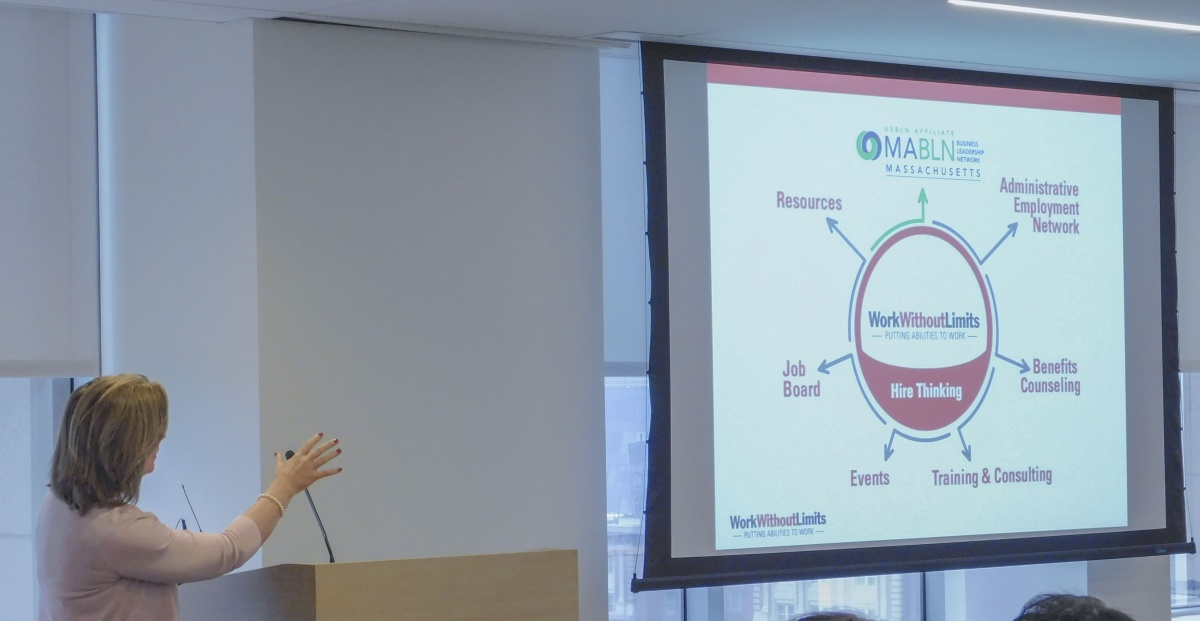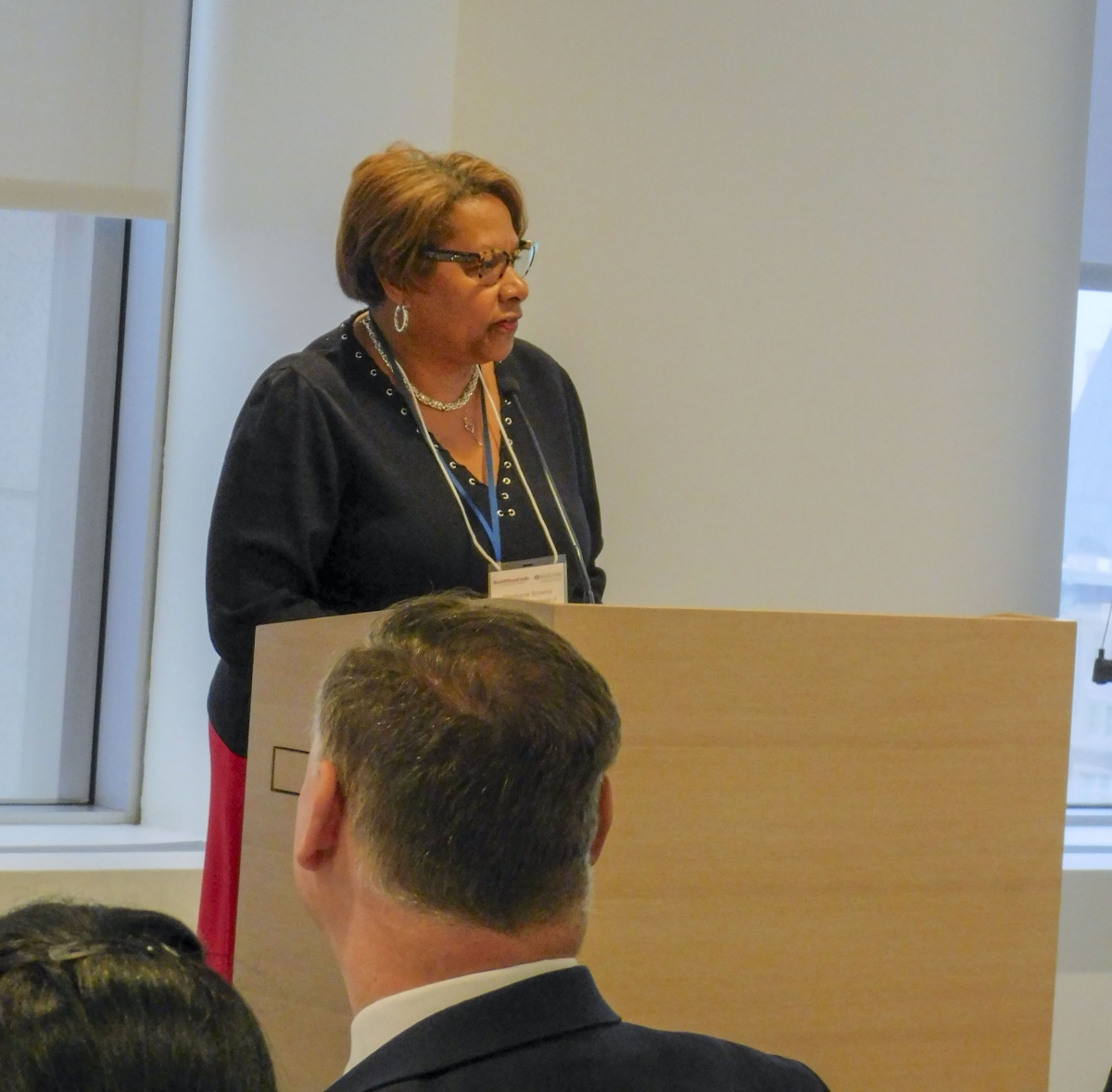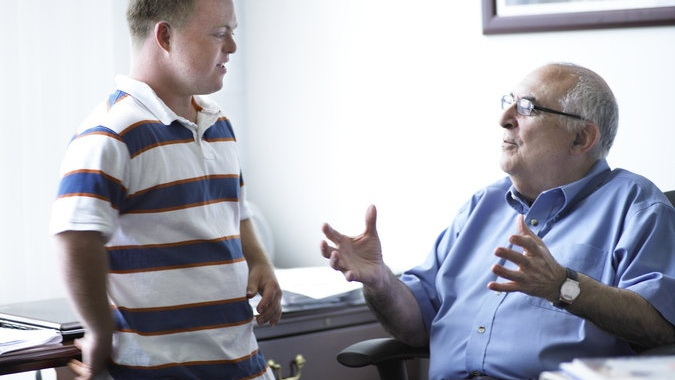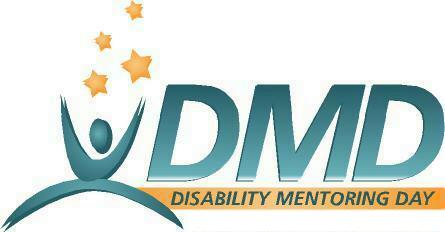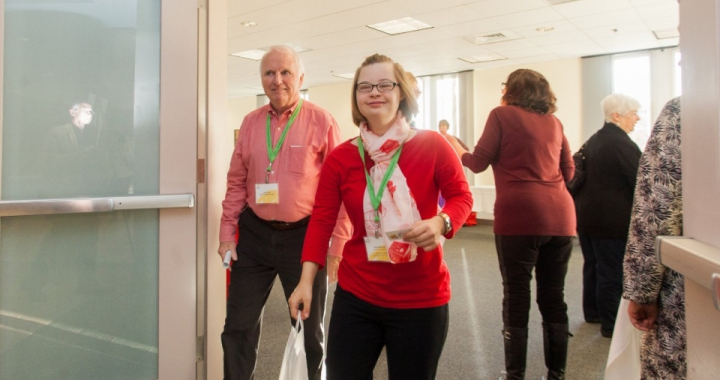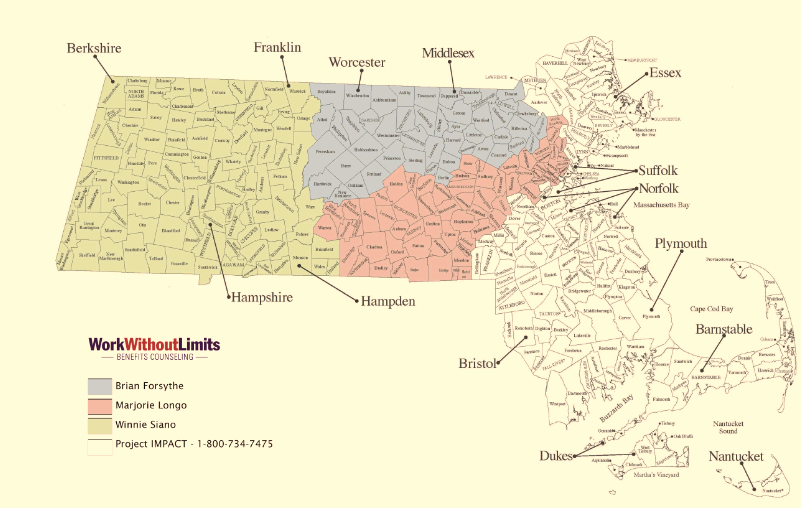Jobs Without Limits (JWL) is a free online job board that was developed by Work Without Limitsto help connect qualified job seekers with disabilities to leading disability inclusive companies that are Sponsors of Work Without Limits and therefore committed to diversifying their workforces. Launched in the summer of 2015, JWL was beta tested by job seekers with disabilities, whose feedback was used to enhance the ease of use, navigability, and function of the job board. Though it is always a work in progress and we continually enhance the functionality to best meet the needs for both candidates and employers, JWL offers candidates with disabilities a safe place to self-identify and disability-inclusive employers to actively seek diverse candidates.
As a large part of my role at Work Without Limits, I manage the Job Board. I am always available during regular business hours, 8am-4pm Monday through Friday, and/or by email after hours for any questions job seekers or employers may have. To see the growth, response and employment success for both candidates and employers has been very rewarding for me. Please contact me at any time.
At present, Jobs Without Limits has over 4,000 currently available jobs postings from over 30leading disability inclusive employers throughout Massachusetts that represent a wide range of industries and occupations including accounting, education, finance, healthcare, insurance, manufacturing, retail, and retail banking. Jobs are automatically “scraped” from employer databases to ensure they are accurate and current. Opportunities range from entry to professional level as well as internship opportunities. Over 200 candidates are currently seeking opportunities on the Job Board – approximately 50 have college degrees, 20 have Masters degrees and over 40have 10+ years of experience. There are jobs for every education and experience level, so get those resumes posted and become an Employer Sponsor to gain access to this talent pool!
Jobs Without Limits has many features for both job seekers and employers. These features include banner ads to highlight local disability service organizations, internship opportunities, hot jobs, and local disability and diversity related events. An employer page lists all the employers on the site, and provides information about each company. A community partner page lists and describes the different organizations, including state and private agencies as well as educational institutions with which Work Without Limits partners to source qualified job candidates.
Sponsoring employers have unlimited posting capability. They can search the candidate database, run reports of candidates (including targeted reports of those candidates that have specifically clicked through to their job postings), manually add job postings and at certain levels of sponsorship, they can tag specific postings as “hot jobs” to come up first in a candidate’s search. A similar dashboard feature for jobseekers allows users to upload resumes to the searchable database, edit their profile, and run reports of job postings they’re interested in.
We recognize that job seeking and hiring is not typically a quick process, but we do our best to keep the conversation going – and even get it started – between potential candidates and employers. Upon request, a unique service I provide to individuals who apply for a job via the job board is to send a personalized email introduction to the employer. We have deep relationships with our Employer Sponsors and providing this “warm handoff” is very beneficial to both parties! Additionally, to keep job seekers and providers informed, each month I create an e-newsletter that provides job search tips, informative articles, highlights of hot jobs and internships, and lists local disability and diversity events.
If you are a job seeker with disabilities or an employer seeking a talented candidate and you haven’t checked out Jobs Without Limits yet, go take a look around, sign up, or contact us for more information! You might just find the candidate, or employer you have been looking for!
Visit JobsWithoutLimits today!
- Individuals with disabilities – Click here to register for JWL, upload your resume, and be considered for thousands of jobs being offered by our disability inclusive Employer Sponsors
- Providers and Higher Education Institutions – Contact Us to learn how to become a WWL Community Partner and be featured on JWL
- Employers – Sponsor WWL to become a member of the MABLN and gain access to the talented pool of candidates on JWL












